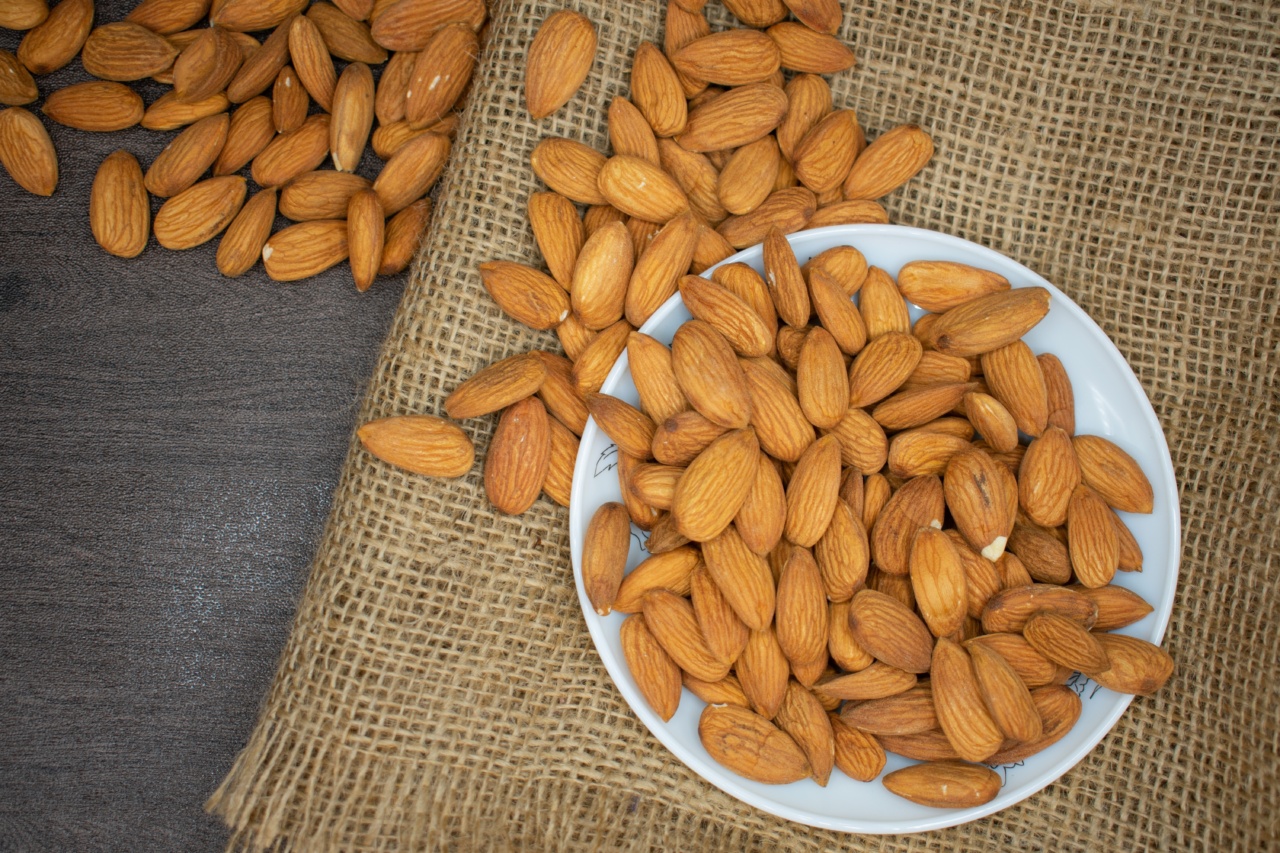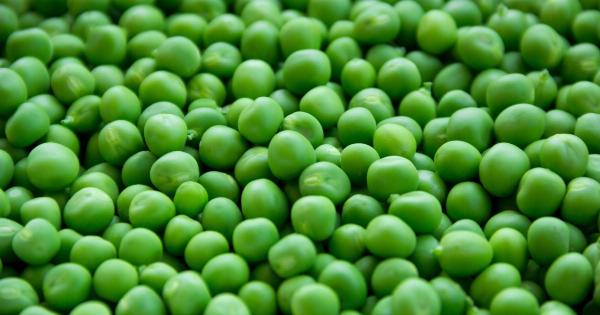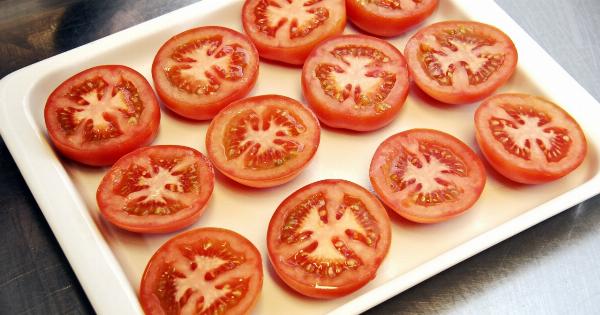Protein is an essential nutrient needed by the body for growth, repair, and maintenance of tissues. While legumes are commonly known as rich sources of protein, there are also various non-legume sources that can provide adequate protein to the body.
Eggs
Eggs are an excellent non-legume source of protein. One large egg contains approximately 6 grams of protein. They are also a good source of essential vitamins and minerals, such as vitamin B12, vitamin D, and choline.
Eggs can be incorporated into meals in various ways, such as scrambled, boiled, or as an ingredient in baking.
Dairy Products
Dairy products, such as milk, cheese, and yogurt, are also good sources of protein. One cup of milk provides approximately 8 grams of protein, while a 6-ounce cup of plain Greek yogurt provides 15 to 20 grams of protein.
Cheese, such as cheddar or mozzarella, contains approximately 6 grams of protein per 1-ounce serving.
Seeds
Seeds are another excellent non-legume source of protein. Chia seeds, for example, contain approximately 4 grams of protein per 2 tablespoons.
Other seeds, such as hemp seeds, pumpkin seeds, and sunflower seeds, also contain a significant amount of protein. Additionally, seeds are rich in essential minerals and healthy fats.
Nuts
Nuts, like seeds, are a great source of protein. Almonds, for example, contain approximately 6 grams of protein per 1-ounce serving, while peanuts contain 7 grams of protein per 1-ounce serving.
Nuts are also a good source of healthy fats, fiber, and essential vitamins and minerals.
Quinoa
Quinoa is a pseudo grain that is considered a complete protein source because it contains all nine essential amino acids. One cup of cooked quinoa contains approximately 8 grams of protein.
It is also rich in essential vitamins and minerals, such as magnesium, iron, and fiber. Quinoa can be used in various dishes, such as salads, soups, and as a substitute for rice.
Tofu
Tofu, also known as bean curd, is an excellent non-legume source of protein. It is made by curdling soy milk and pressing the resulting curds into soft, white blocks.
Tofu is rich in protein, providing approximately 10 grams of protein per 1/2 cup serving. It is also a good source of iron, calcium, and other minerals. Tofu can be used in various dishes, such as stir-fries, soups, and salads.
Buckwheat
Buckwheat is another pseudo grain that is considered a complete protein source. One cup of cooked buckwheat contains approximately 6 grams of protein. It is also rich in essential vitamins and minerals, such as magnesium and fiber.
Buckwheat can be used in various dishes, such as pancakes, porridge, and salads.
Tempeh
Tempeh is a fermented soy product that is rich in protein, providing approximately 15 grams of protein per 1/2 cup serving. It is also a good source of other nutrients, such as iron and calcium.
Tempeh can be used as a substitute for meat in various dishes, such as stir-fries and sandwiches.
Brown Rice
Brown rice is also a good non-legume source of protein. One cup of cooked brown rice provides approximately 5 grams of protein. It is also a good source of other essential nutrients, such as fiber and various minerals.
Brown rice can be used in various dishes, such as stir-fries, salads, and as a substitute for white rice.
Spinach
Spinach is a non-legume vegetable that is a good source of protein, providing approximately 5 grams of protein per 1 cup serving. It is also rich in essential vitamins and minerals, such as vitamin A, vitamin C, and iron.
Spinach can be used in various dishes, such as salads, smoothies, and as a substitute for lettuce in sandwiches.




























